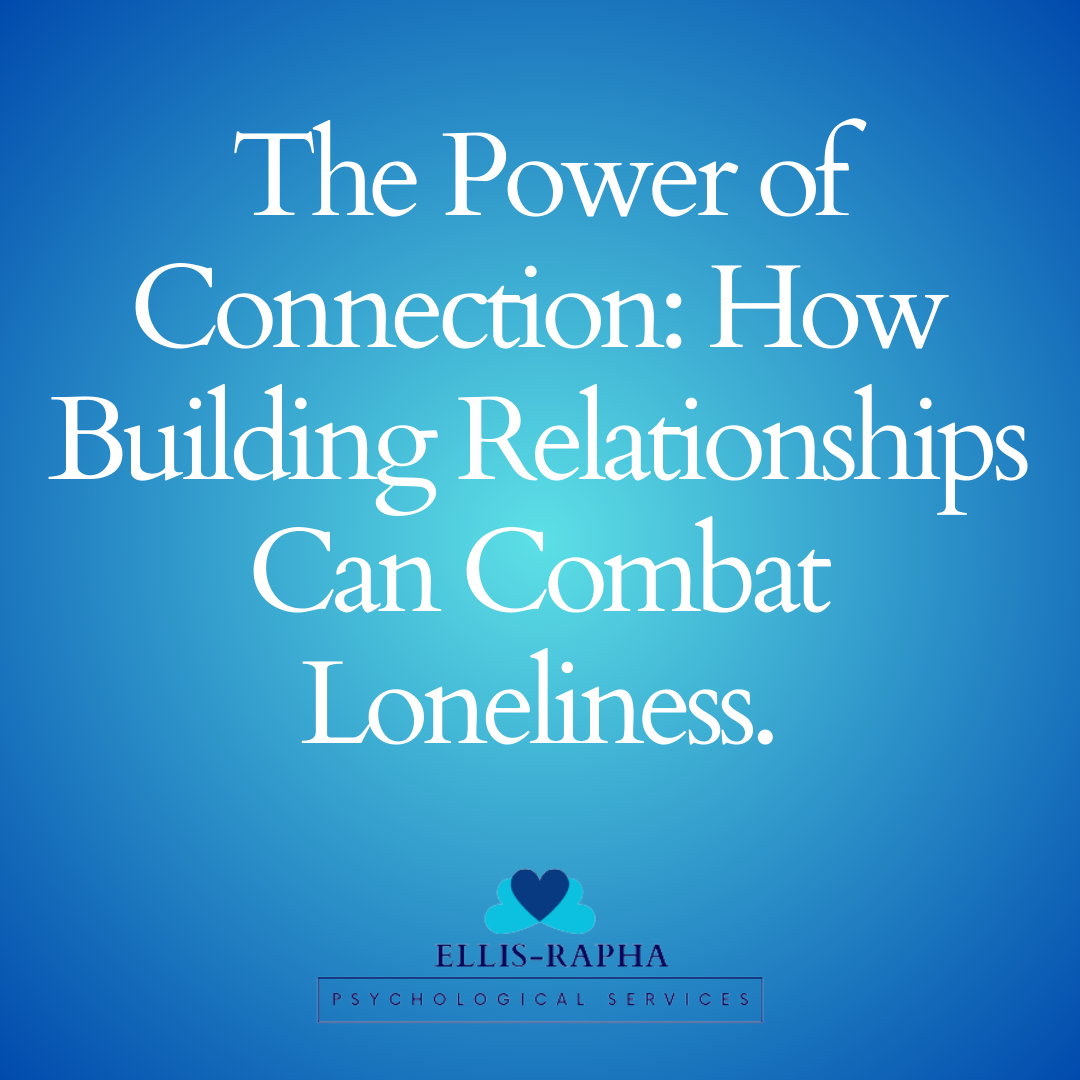In today’s fast-paced, digital world, it’s easier than ever to feel isolated and disconnected from others. Despite the ability to connect with people around the world through social media and other online platforms, many people still struggle with loneliness. Loneliness is not only an emotional issue but also a physical one that can affect our health, relationships, and overall well-being.
One of the most effective ways to combat loneliness is by building and nurturing meaningful relationships. Research has shown that people who have strong social support systems tend to have better mental health, higher self-esteem, and greater overall life satisfaction.
Here are some tips for building and maintaining connections with others:
Join social groups or clubs: Joining a social group or club that aligns with your interests can be a great way to meet like-minded people and build relationships. This could be anything from a sports team to a book club to a volunteer organization.
Connect with old friends: Reconnecting with old friends is a great way to build on existing relationships and catch up on lost time. Reach out to someone you haven’t talked to in a while and plan to meet up for a coffee or lunch.
Attend community events: Attending community events like festivals, fairs, or concerts can be a great way to meet new people and build connections within your local community.
Volunteer: Volunteering your time and skills for a cause you care about can be a great way to connect with like-minded individuals and build relationships.
Practice active listening: When interacting with others, practice active listening by paying attention to what they’re saying and showing genuine interest in their lives. This can help build stronger, more meaningful connections with others.
Prioritize quality time: When spending time with others, prioritize quality time by engaging in meaningful conversations and activities that allow you to connect on a deeper level.
Use technology mindfully: While technology can be a helpful tool for connecting with others, it’s important to use it mindfully. Avoid mindlessly scrolling through social media and instead use it to plan social outings or to stay in touch with friends and family who live far away.
Additionally, if you are struggling with feelings of loneliness, there are practical steps you can take to manage these emotions. Here are some tips to help you cope with loneliness:
Recognize your feelings: Acknowledge that you are feeling lonely. It can be difficult to admit when we are struggling, but recognizing and accepting our emotions is the first step in managing them.
Reach out to others: Make an effort to connect with others, even small interactions can make a big difference in combating loneliness.
Practice self-care: Take care of your physical and emotional needs by eating well, getting enough sleep, and engaging in activities that make you happy. When we take care of ourselves, we are better equipped to manage difficult emotions.
Find meaning in solitude: While loneliness can be challenging, it can also be an opportunity to reflect, grow, and connect with ourselves. Use this time to explore your interests, learn a new skill, or engage in self-reflection.
Seek professional help: If feelings of loneliness persist, it may be helpful to seek support from a psychologist or other mental health professional. They can provide guidance and support for managing difficult emotions and developing coping strategies.
Remember, it’s okay to feel lonely. It’s a normal part of the human experience. By taking these practical steps, you can manage these emotions and work towards a greater sense of well-being and connection with others.
In conclusion, building and nurturing meaningful relationships is a powerful way to combat loneliness and improve overall well-being. By prioritizing connection with others and practicing mindfulness in our interactions, we can create a more fulfilling and satisfying life.


